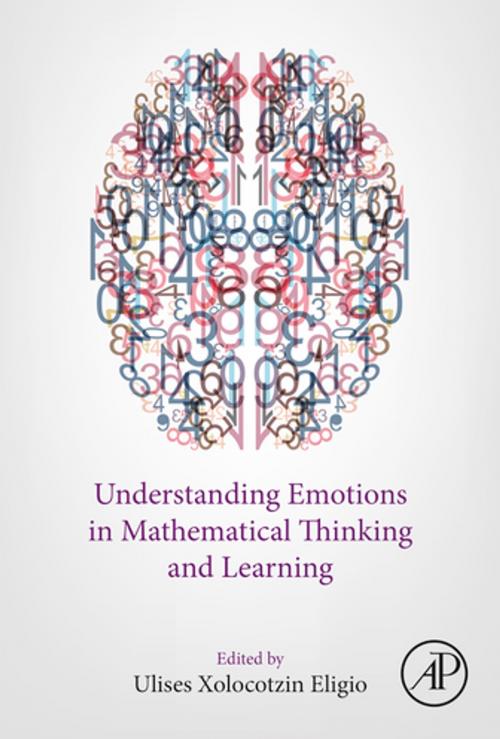Understanding Emotions in Mathematical Thinking and Learning
Nonfiction, Health & Well Being, Psychology, Cognitive Psychology, Science & Nature, Mathematics| Author: | ISBN: | 9780128024898 | |
| Publisher: | Elsevier Science | Publication: | May 12, 2017 |
| Imprint: | Academic Press | Language: | English |
| Author: | |
| ISBN: | 9780128024898 |
| Publisher: | Elsevier Science |
| Publication: | May 12, 2017 |
| Imprint: | Academic Press |
| Language: | English |
Emotions play a critical role in mathematical cognition and learning. Understanding Emotions in Mathematical Thinking and Learning offers a multidisciplinary approach to the role of emotions in numerical cognition, mathematics education, learning sciences, and affective sciences. It addresses ways in which emotions relate to cognitive processes involved in learning and doing mathematics, including processing of numerical and physical magnitudes (e.g. time and space), performance in arithmetic and algebra, problem solving and reasoning attitudes, learning technologies, and mathematics achievement. Additionally, it covers social and affective issues such as identity and attitudes toward mathematics.
- Covers methodologies in studying emotion in mathematical knowledge
- Reflects the diverse and innovative nature of the methodological approaches and theoretical frameworks proposed by current investigations of emotions and mathematical cognition
- Includes perspectives from cognitive experimental psychology, neuroscience, and from sociocultural, semiotic, and discursive approaches
- Explores the role of anxiety in mathematical learning
- Synthesizes unifies the work of multiple sub-disciplines in one place
Emotions play a critical role in mathematical cognition and learning. Understanding Emotions in Mathematical Thinking and Learning offers a multidisciplinary approach to the role of emotions in numerical cognition, mathematics education, learning sciences, and affective sciences. It addresses ways in which emotions relate to cognitive processes involved in learning and doing mathematics, including processing of numerical and physical magnitudes (e.g. time and space), performance in arithmetic and algebra, problem solving and reasoning attitudes, learning technologies, and mathematics achievement. Additionally, it covers social and affective issues such as identity and attitudes toward mathematics.
- Covers methodologies in studying emotion in mathematical knowledge
- Reflects the diverse and innovative nature of the methodological approaches and theoretical frameworks proposed by current investigations of emotions and mathematical cognition
- Includes perspectives from cognitive experimental psychology, neuroscience, and from sociocultural, semiotic, and discursive approaches
- Explores the role of anxiety in mathematical learning
- Synthesizes unifies the work of multiple sub-disciplines in one place















